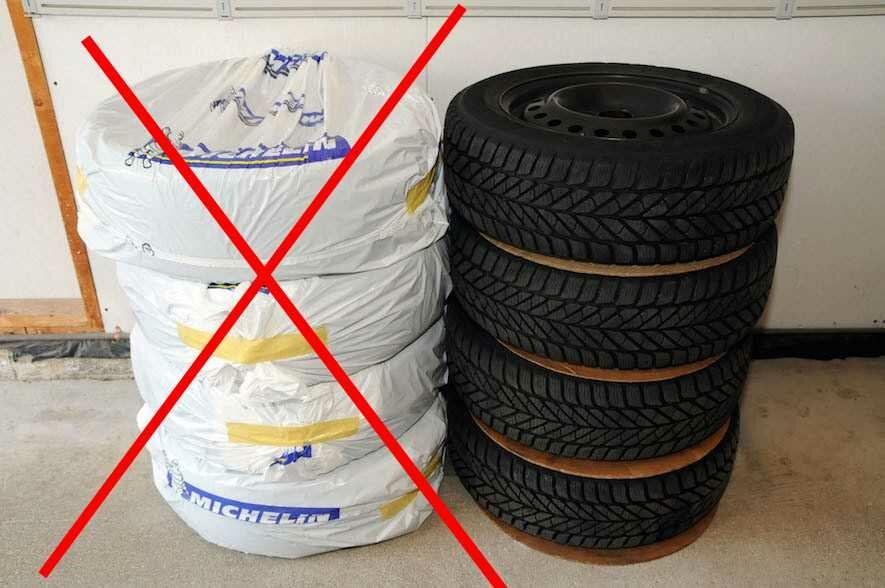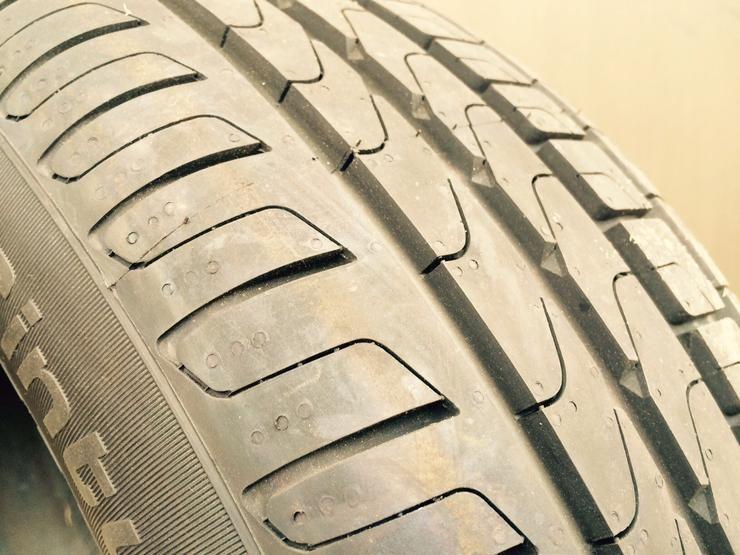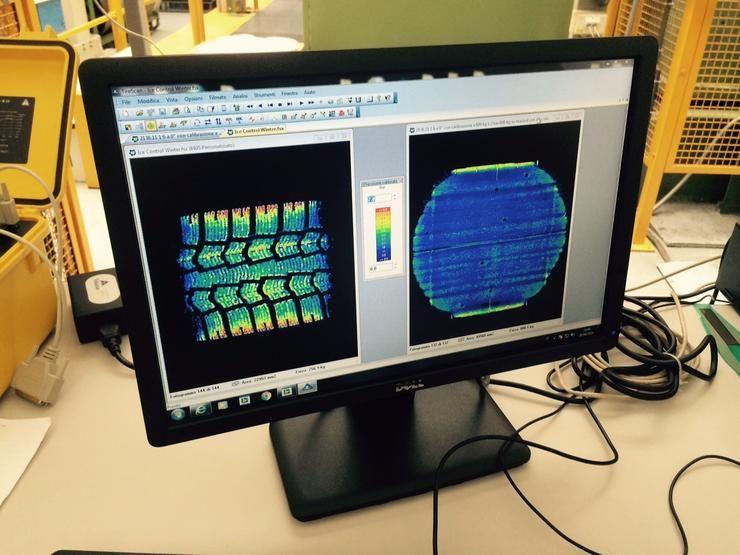
Why You Shouldn't Store Tires in Plastic Bags
Most car owners, "preserving" rubber after seasonal re-shoes of their "iron horse", prefer to pack it in plastic bags. However, as the AvtoVzglyad portal found out, tire manufacturers categorically do not recommend doing this. And that's why.
Surely car enthusiasts who care about their beloved “swallow” will now say: “How is it, because it is recommended to store tires in bags even in tire workshops”? The answer is simple: tire fitting specialists thus earn on the sale of these bags and other sealed covers. And even if they don’t sell them, then by giving them away for free, they increase customer loyalty to their point of sale.
In fact, as experts from Pirelli, the exclusive supplier of F1 tires, told the AvtoVzglyad portal, proper storage of tires fundamentally affects their subsequent operation. Therefore, this process should not be approached carelessly. However, as in the case of packages, and overdo it.

Firstly, before you hide the “rubber” on the balcony or in the garage, it must be properly degreased, cleaned of dirt, residues of tar, bitumen and oil, and also treated with a special compound that protects the tire surface from drying out and cracking. Fortunately, in stores today there is a huge amount of relevant auto chemicals - from shampoos with a degreasing effect to original tire sprays - "preservatives".
Tires packed in the notorious plastic bags, in simple terms, do not breathe. Polyethylene almost does not allow air to pass through, which means that condensate will begin to accumulate under its shell, slowly but surely destroying the rubber layer. The best way to save tires is to wrap them in original non-woven fabric covers. It is not for nothing that a similar method of tire preservation is practiced by the technical specialists of the Formula 1 stables.
Secondly, you need to store tires in a dark room that does not let in direct sunlight, which has a very negative effect on the rubber compound. The optimum temperature for tire conservation is "plus 21 C" at a humidity level of 50-60%. Finally, they must be placed strictly in an upright position, which is the only correct way.

Thirdly, contact of tires with paint and varnish products, oils and acids, which also adversely affect the properties of tires, should be excluded. It seems that car owners who store their wheels in the garage next to other chemicals will have to think about rearranging.
In all other cases, there is a high probability that the “rubber” will lose its properties to one degree or another. Simply put, cracks, fractures, and even primary rudiments of a hernia may appear on it. As a result, the destruction of the internal structure and deformation, which entails a decrease in elasticity and other "driving" qualities. In other words, at one moment such tires may turn out to be simply unsafe.
